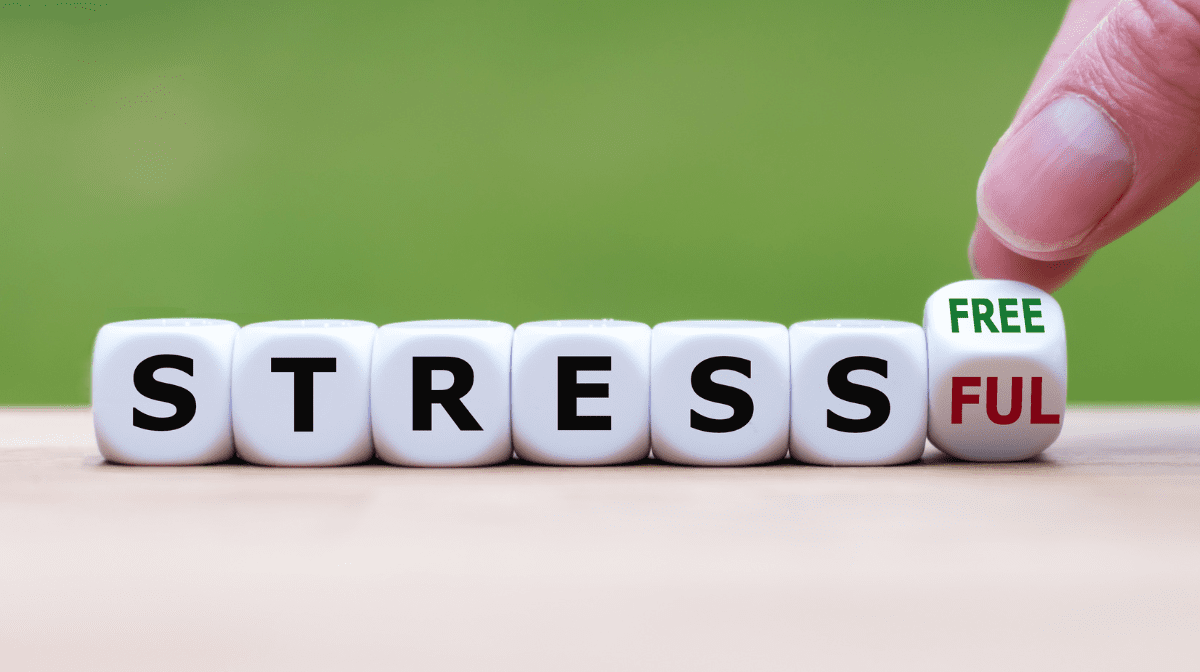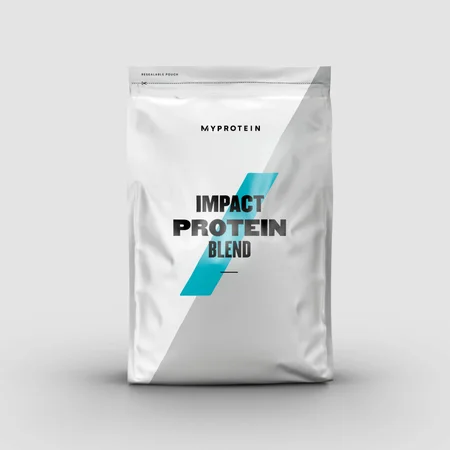
Everyone gets stressed—it’s an unavoidable part of modern society. While evolutionarily the stress response used to serve an important function of alerting you to danger, in today’s times, it can do a lot more harm than good.
According to the American Institute of Stress, stress causes 57% of Americans to feel paralyzed. Additionally, a whopping 94% of Americans feel stress at work.1
Thus, stress is a major issue most people struggle with at some point in their lives, and unfortunately, can be detrimental to one’s health if not properly managed.
Stress can cause various medical, psychological, and behavioral health problems, including anything from insomnia to violent behavior.2
But does how you perceive stress change how it affects you?
This is what a recent study aimed to find out. But first, let's look at the different ways people respond to stress.
The Two Stress Responses
According to the biopsychosocial model, there are two ways you can respond to stress: as a threat or as a challenge.3
According to this model, when people feel they have sufficient resources to deal with a stressor, they respond to the stress as a challenge. On the other hand, if they feel unprepared to deal with the stress, they will see it as a threat and respond likewise.3
This all happens subconsciously—meaning people don’t even realize how they’re responding to stress, or the consequences of that response.
Previous research has shown that it is beneficial to respond to stress as a challenge—this has been associated with improved task performance, less anxiety, and better attention control.3
However, there isn’t much research connecting how these different stress responses can impact your health, and this is what the current study sought to find out.
The Study
A study titled “The tendency to appraise stressful situations as more of a threat is associated with poorer health and well-being”, published in Stress and Health, looked at how people’s perception of stress can change the way it affects our health.
In this study, conducted at the University of Bath in the UK, researchers gave out surveys to 395 athletes to see how their responses to stress relate to various aspects of their health including mental health, well-being, and physical health.3
Researchers prompted the respondents with 15 hypothetical events that would be stressful, like, for example, if you found out that you have a chronic disease.
For each hypothetical, the survey takers were asked how demanding the event felt to them, and if they believed they had the resources to handle it. They were then given scores based on their responses.
In addition to the surveys, the researchers collected data on the participants’ mental health, psychological well-being, and physical health.
The Results
For the first time, the results of the study revealed that habitually perceiving stressful events as more of a threat was associated with poorer mental health, well-being, and physical health than the tendency to view stressful events as more of a challenge.3
Researchers suggest one explanation for this could be that viewing stress as a threat is linked to getting more easily distracted by stimuli that are not relevant, threatening, or negative—this is an attentional bias commonly seen in anxiety disorders.3
Another possible explanation could be that perceiving stress as a threat is related to more avoidant forms of coping which, over time, may contribute to mental ill-health issues and poorer well-being. 3
However, more research needs to be done on the topic to be certain.
Regarding physical health, perceiving stress as threatening was also linked to negative outcomes like more headaches, respiratory illnesses, and sleep disturbances.3
Researchers speculate that this could be because of the effect that perceiving stress negatively can have on immunity and ability to fight off infection.3
So, what does this all mean?
Researchers suggest that your best bet when dealing with stress is to view stress as beneficial. This can limit threatening perceptions of stress and improve your body’s reaction to it.
This tactic even applies to the physical representation of stress. Researchers also pointed out that if you view your physical reaction to stress, like an elevated heart rate and faster breathing, as a tool that can help you, your body won’t be as negatively impacted by it.
Take Home Message
There you have it—the mind-body connection is real, and while stress is nearly impossible to avoid, the way you look at it can make a difference when it comes to your health.
So, next time you’re in a stressful situation, try combatting it with a positive mindset and looking at it as a challenge you can overcome. You might just feel better.

Study Shows Dopamine Boost During Exercise Can Help Your Brain Perform Better
See the latest research on how exercise can help your brain perform better....

Study Shows Self-Compassion Can Help with Weight Loss
Being kind to yourself can go a long way....

Study Shows Social Media Triggers Stress & Unhappiness
Don't let social media drag you down....

A Rutgers University Honors graduate, Jamie grew up on the Jersey shore and double majored in Comparative Literature and Anthropology in college. Jamie is an experienced writer in the health and wellness, biotech, and eCommerce fields. She loves writing with a purpose and has even written for the Department of Justice.
Jamie became drawn to exercise during her time in university and began to notice the physical and mental benefits of moving your body daily. Today, Jamie enjoys Pilates, light weight training, and going on long walks in nature daily.
Jamie is also passionate about eating right and prioritizing gut health and immunity. She is always trying the next innovation in health and wellness. When she’s not writing articles, Jamie enjoys reading, playing guitar, and finding dogs to play with.
- Boyd, D. (2022, March 30). Daily life. The American Institute of Stress. Retrieved from https://www.stress.org/daily-life
- Quick, J., Horn, R., & Quick, J. C. (2016). Health consequences of stress. In The Handbook of Stress and Health: A Guide to Research and Practice (pp. 54–66). Routledge. https://doi.org/10.4324/9781315791548-5
- McLoughlin, , Arnold, R., & Moore, L. J.(2023). The tendency to appraise stressful situations as more of a threat is associated with poorer health and well-being. Stress and Health, 1–7. https://doi.org/10.1002/smi.3358










